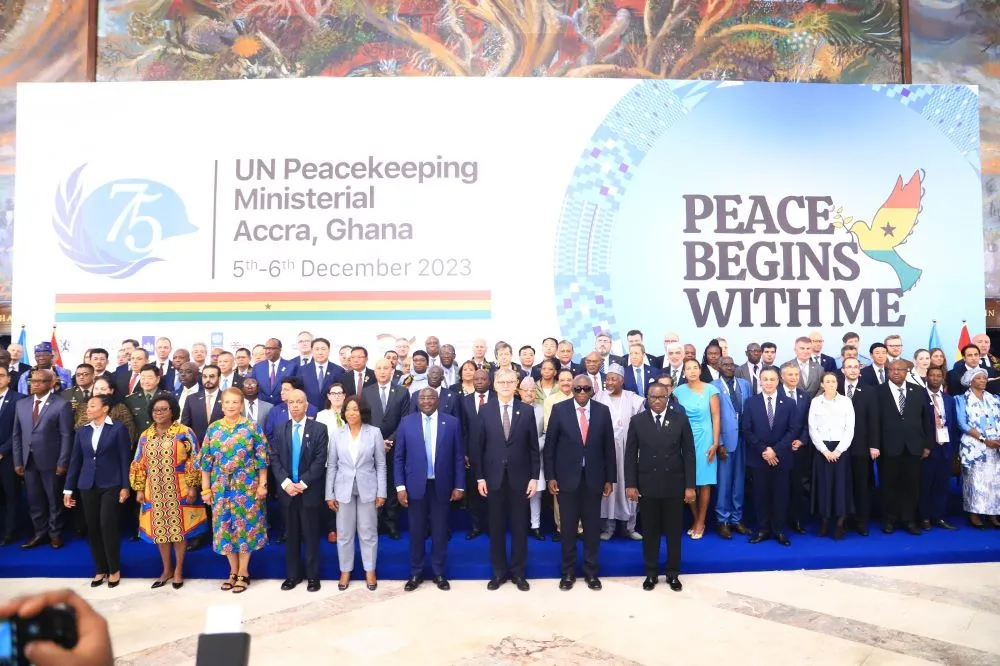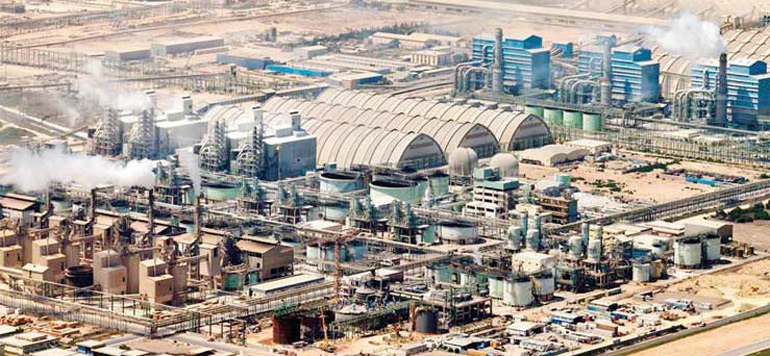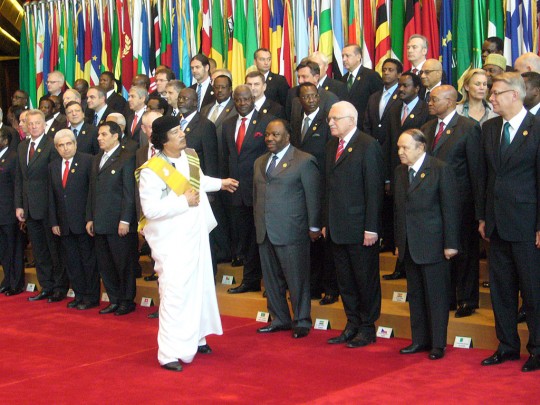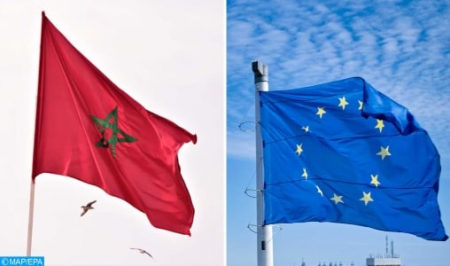Morocco is committed to continuing its resolute efforts to adapt the political frameworks of UN peacekeeping, said Morocco’s permanent representative to the UN Omar Hilale.
Speaking at the Ministerial Conference on UN Peacekeeping held in Accra, Ghana, December 5-6, Omar Hilale highlighted that Morocco’s involvement in this fifth conference is part of its dedication to this process since its initiation in 2017.
This forward-thinking process is a key tool in the UN and its member states’ pursuit of effective peacekeeping tailored to the operational contexts of the 21st century, asserted the Moroccan diplomat, acknowledging the significant changes in the environment where peacekeeping operations unfold.
In this context, Hilale identified three fundamental trends transforming the peacekeeping landscape. The first is the blurring of lines between conflict prevention, peacekeeping, and peacebuilding, a fact necessitating operational concepts that are both more responsive and holistic, with the ultimate aim of achieving enduring political solutions.
The second trend, according to Hilale, is the emergence of new life-threatening challenges for peacekeepers, including terrorist attacks, pandemics, and other health emergencies, the use of improvised explosive devices, and the spread of hate speech and misinformation. The third trend pertains to conflicts with an increasing number of participants, creating a heightened need for coordination by the United Nations.
Building on these observations, the Moroccan diplomat emphasized the importance of transforming this multilateral process into a platform for envisioning the future of peacekeeping operations, going beyond a mere technical exercise in identifying needs.
Concerning the commitments made by the Kingdom, following the high instructions of King Mohammed VI in eight priority areas, Hilale specified that Morocco will provide training at the Center of Excellence for Peacekeeping Operations in Benslimane, covering civilian protection, combating disinformation, digitalization, telemedicine, mental health, and environmental protection.
Addressing the role of women in peace operations, Hilale stated that Morocco will increase the representation of women in its contingents and organize training for military gender advisers and gender focal points.
In the field of health, Morocco will make available to the UN a Level-4 hospital capacity and provide training in telemedicine, mental health, and first aid.
In terms of safety and security, Morocco will provide the UN with four canine teams, an infantry battalion, and a mixed engineering company, affirmed Hilale.
Morocco, he noted, is among the ten largest troop-contributing countries to the UN, deploying 1,718 blue helmets in the Central African Republic, the Democratic Republic of the Congo, and South Sudan.
The 5th Ministerial Conference on Peacekeeping aims to garner political support from the international community for peacekeeping operations, identify new commitments from countries to strengthen peacekeeping operations, and assess the implementation of these commitments.
For many years, Morocco has chaired the coordination group of the Non-Aligned Movement on UN peacekeeping in New York. It has also initiated the creation of an affinity group of states on issues related to combating hate speech and misinformation against blue helmets.
The Moroccan delegation to this meeting included senior officers of the Royal Armed Forces, and a representative of the National Defense Administration, in addition to officials from the Foreign Ministry.



